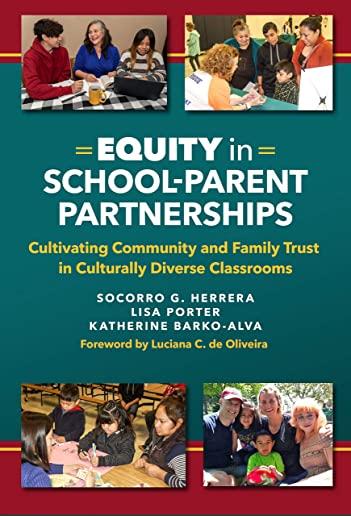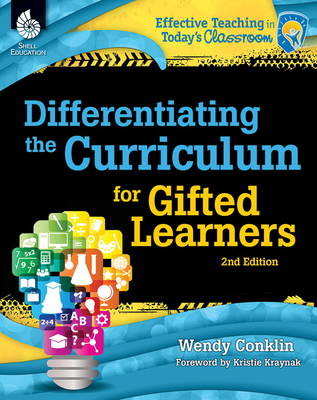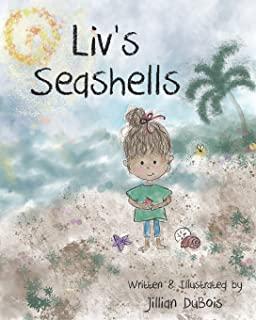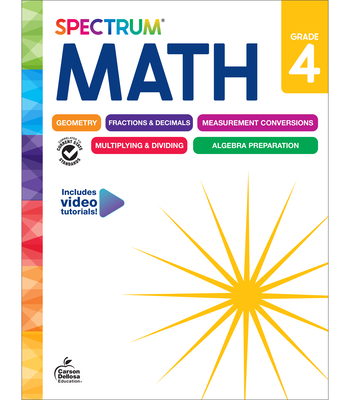
Herrera, Socorro G.
Starting from the premise that children learn better when their learning community respects their families and cultures, this thought-provoking resource shows what it means--and what it takes--to include today's diverse parents in their children's learning. Moving readers away from out-of-date practices that can potentially marginalize and devalue the cultural assets of families, the authors provide practical, ready-to-use strategies to help schools re-envision the meaning of parental involvement and engagement. Based on the research and K-12 teaching experience of three educators, chapters address contemporary issues such as the absent parent, homework, vulnerable populations, limitations of current school-based family programs, and pedagogies of hope.
Book Features:
- Provides guidelines and examples of homework that allow multicultural and multilanguage parents to engage with their children around learning.
- Shows how teachers and school leaders can collaborate to effect more inclusive practices.
- Reframes the conversation surrounding parental engagement to emphasize community and parental empowerment.
- Addresses the importance of parental engagement amid today's political discourse surrounding immigration.
member goods
notems store

Core Curriculum for Interdisciplinary Lactation ...
by Lactation Education Accreditation and Ap
Paperback /Paperback$95.90






